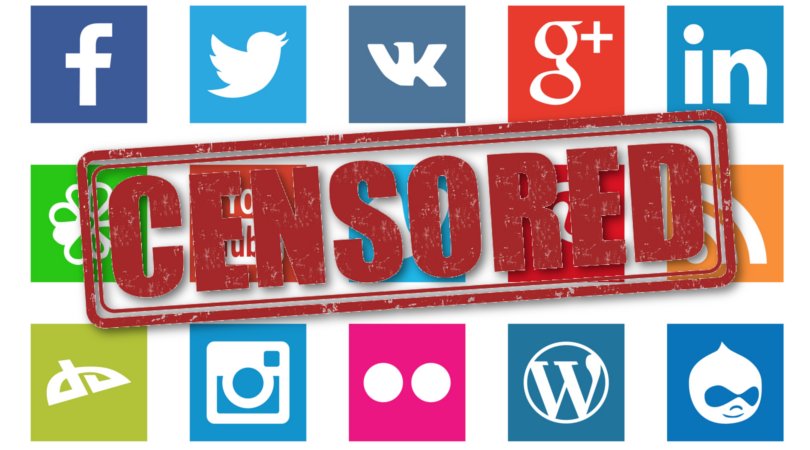BY FREDERICO LINKS –
This week’s ridiculous proposal by a senior government official comes to us courtesy of environment minister Pohamba Shifeta.
In case you missed it, the Namibia Press Agency (Nampa) reported this week that environment minister Shifeta said at an event that people posting pictures on social media of themselves posing with hunted animals would be prosecuted and punished through proposed new amendments to relevant regulations.
He reportedly labelled such postings as “immoral” and said they “misrepresented” hunting in Namibia.
This seems to concern both trophy hunting and hunting animals that supposedly threaten lives and livelihoods.
Basically, if I understand Shifeta correctly, it is moral to hunt an animal for sport or when having a permit or when threatened, but it is immoral to post a posed photo with such a dead animal on a social media platform, and he is going to propose making such postings illegal.
Now, I have not seen or heard the environment ministry denounce the Nampa article as misrepresenting what Shifeta said, so I am going to treat it as being accurate.
That said, let us deal with Shifeta’s trivial moral outrage first.
I, like many others locally and globally, find trophy hunting to be a morally reprehensible pursuit. And I can safely state that an arguably increasing number of people probably find recreational hunting at least distasteful, if not downright barbaric. It is, to us, an uncivilised and cruel legacy of a bygone humanity which has nevertheless become highly lucrative to a few.
Similarly, the illegal and impulsive shooting of endangered species by locals who perceive a threat is also condemnable. However, we understand that trophy hunting is a perfectly legal activity which many others, locally and globally, do not find offensive and even lustfully partake in if they can afford to – for trophy hunting is a prohibitively expensive pursuit.
We also understand that sometimes problematic wild animals, such as predators, have to be put down. And we understand that trophy hunting puts food on the table for some in poor rural communities (even though the actual benefits of this activity probably still needs considerable investigation, as these communities remain mostly poor and marginalised).
So, the question becomes whose morality is Shifeta appealing to here, against the backdrop of an overriding money motive probably informing his particular brand of morality.
That said, while Shifeta and the government are entitled to their value judgements, they certainly are not there to police morality, so let us leave Shifeta’s dubious and shallow moral arguments aside, for they warrant no serious engagement, and focus on the bigger concern – the threat of censorship.
For clearly, censorship is what is being proposed here.
People posting photos of themselves on social media platforms has long been internationally and legally recognised as a form of free expression, so Shifeta appears to be proposing an attack on the constitutionally enshrined freedom of expression.
And since freedom of expression includes freedom of the media, Shifeta appears to be proposing media censorship as well, for not only are social media platforms considered part of media, what happens if a news organisation publishes posed photos with dead animals online for a report on trophy or unregulated or impulsive predator hunting?
Is the extent of his moral outrage over social media postings limited to locals who shoot animals without permits and then pose with such animals for photos? Where will they propose to draw the line of permissibility, in the unlikely event such proposals become law?
Then there is the issue of enforcement. How are they going to police trophy hunters in the United States, Europe, Japan or China, where such postings are perfectly legal, from posting their trophies online? Or is Shifeta proposing prosecuting and punishing the local conservancy, hunting operator or luxury hunting farm for their clients’ social media postings? Or, once again, will this be limited to poor locals only?
In effect, under the shroud of false morality, Shifeta is proposing making trophy and other hunting pursuits less transparent. For this is a transparency issue concerning Namibian natural resources.
Here once again we are confronted with the misguided reactive, restrictive and controlling mindset which is undermining good governance and democracy in Namibia. And once again one has to question the quality of legal advice available to and in the government, for even on the face of it, these proposals will not pass constitutional muster. And which stakeholders are or have been consulted about these proposals?
Just so we are clear, trophy and other hunting’s public image issues stem from the very nature of contemporary hunting practices, not from social media postings, which merely amplify the horrors of this particular human activity.
Shifeta’s proposals are guaranteed to make these public image issues worse, and potentially cost the sector dearly, for now hunting in Namibia will be associated with the repression of freedom of expression. Let us see how that plays out on freedom of expression and press freedom rankings, and for the general image of the country.
As it stands, I am not a lawyer, but Shifeta is. It is hard to see any sound legal, political or economic arguments for what he is proposing. I would propose that the best way to deal with inappropriate social media postings, would be through better awareness-raising.

